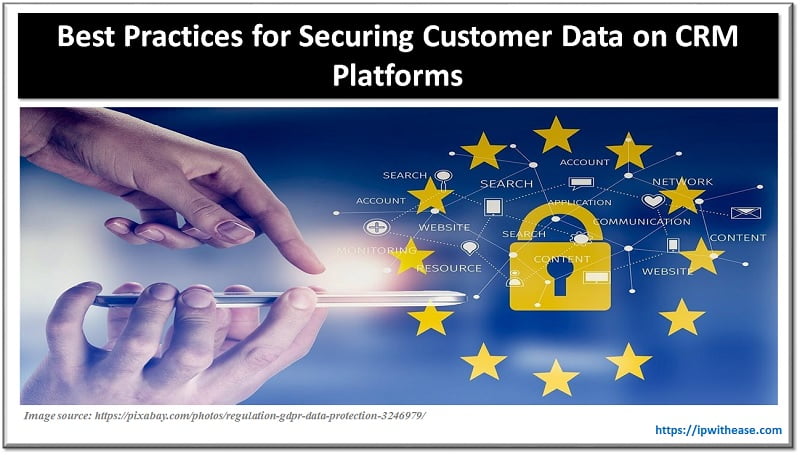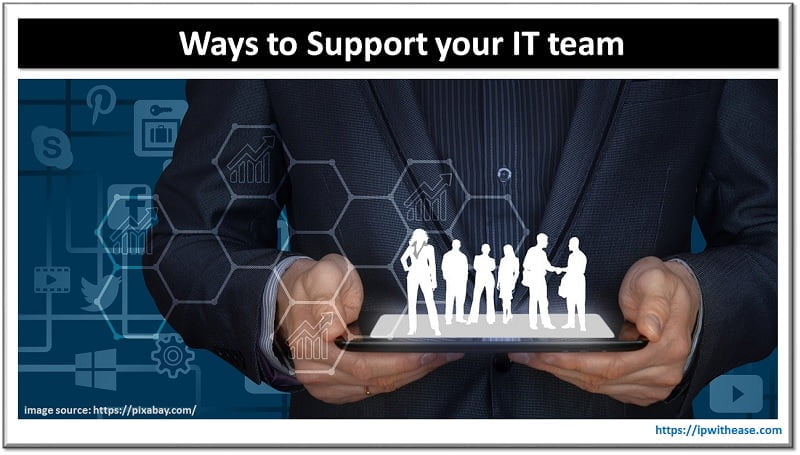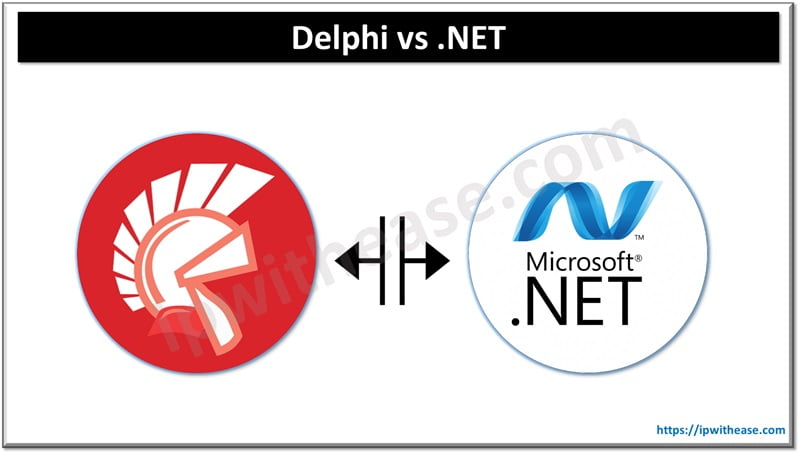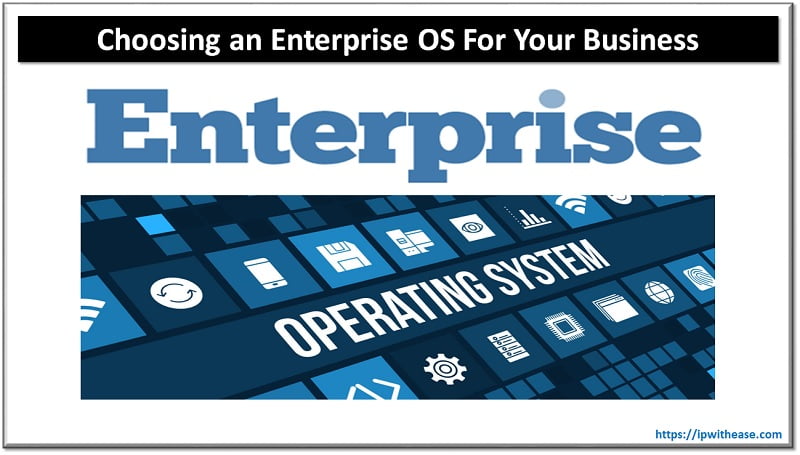Data security is always a major concern for any business that needs to collect it. Even more, if you have sensitive customer data in your system! As such, let’s take a closer look at the best practices for securing customer data on CRM platforms.

Pick a reliable CRM platform, to begin with
You can’t work on securing customer data on CRM platforms without having a solid base to lean on. If the CRM platform you’ve selected is riddled with security issues and breaches, you can bet that your data will eventually be at risk, too. So, instead, pursue good IT solutions for your business! Reviewing customer reviews is an excellent way to gauge a CRM platform’s success and reliability.
You need to be discerning and on the lookout for fake reviews, but they are typically easy to spot. Pay extra attention to those reviews with something negative to add, but not those that are overly critical. If the rest of the platform’s functions and features are buggy and don’t work well, their security will be the same!
Store the data in a secure data center
In the past, the only really secure solutions were private, in-house servers if you wanted to guarantee your efforts of securing customer data on CRM platforms would work. However, this is expensive and difficult to maintain, and any major issues can result in data loss. Thankfully, the increased cloud capabilities have made online data storage much more viable and safe. Again, you need to ensure that the secure data center you opt for is up to standard. But, just like when securing your website, this is simply a situation where you need to believe in your judgment.
Make good use of multifactor authentication
Yes, it may seem basic, and yes, multifactor authentication can be tricky and annoying. Especially if you have a very limited time to enter a code sent to your email or, preferably, phone. However, multifactor authentication is so lauded because it works, and it works well! It is almost impossible to bypass if you have it installed. The more ‘layers’ the authentication process has, the more secure your data is. It is also a good practice to have your platform log out people using it after a certain period of inactivity. This prevents anyone who does manage to get into your CRM platform from lurking there long-term.
Have data backups
It may seem silly to suggest having data backups to secure customer data on CRM platforms, but it works! This is because malicious parties who attempt to steal your data also typically leave it damaged or altered. Even if the worst should happen and your data is compromised, you need to be able to restore it quickly. And having a backup, or better yet, multiple backups, lets you do this easily. At the same time, at least one copy of the data should be kept in a more ‘physical’ form, whether on an external hard drive or an actual server. Though the latter is, as mentioned previously, much more expensive.
Use role-based access controls
It is an unpleasant thing to consider, but your data should be as protected as possible from everyone. And that includes your employees whom you still don’t fully trust or who have broken your trust in the past. So, from the moment you start tackling CRM adoption challenges in your business, you need to understand the implementation process and include role-based access controls. Role-based access controls limit what data an employee can access, copy and/or alter based on their job, role, and even their individual permissions. This makes it possible for all levels of a marketing team, for example, to work on a project. But it still effectively protects the more sensitive data.
Be explicit in your Employment Agreements
If you work in a business that collects and handles a lot of customer data, you need to take some precautions from the start. To secure customer data on CRM platforms, your employees need to be clear on what they are permitted to do with it from day one. The specifics should be in their Employment Agreements and any contracts they sign when entering your company. If you handle particularly sensitive data, you should also stipulate clear punishments for breaking the rules and jeopardizing the security of your customers’ data.
Implement privacy and consent management
To legally acquire and secure customer data on CRM platforms, you need to implement privacy and consent management. These two mechanisms are there to manage consent and data collection minimization. And they provide enhanced insight into what happens to the data within your system. Your clients also need to be able to manage their permissions in a more detailed manner, such as opting out of certain services, like email marketing, or even asking to remove their data from your system.
Audit your data and system regularly
Speaking of tracking the data in your system, the final way of securing customer data on CRM platforms is performing regular audits of it. Just like when you are doing a network vulnerability assessment, a CRM customer data audit will reveal whether there are any problems with your data. Things such as whether it’s been accessed through unexpected channels or whether it’s been unknowingly altered or copied out of your system can all be detected through an audit. Even if your security measures fail, it’s crucial to catch the intrusion quickly and react promptly. Regularly scheduled audits guarantee this.
Continue working on securing customer data on CRM platforms
Even if you are familiar with the best practices for securing customer data on CRM platforms, the work never really stops! You can’t just implement some of them and hope they work in perpetuity. Cyber security evolves and changes constantly, and you must keep pace! So, regularly inform yourself of the newest developments and methods to secure your data.
Continue Reading:
Why Custom CRM Is Good For Business
What is an IoT Platform: A Comprehensive Guide
ABOUT THE AUTHOR
IPwithease is aimed at sharing knowledge across varied domains like Network, Security, Virtualization, Software, Wireless, etc.



